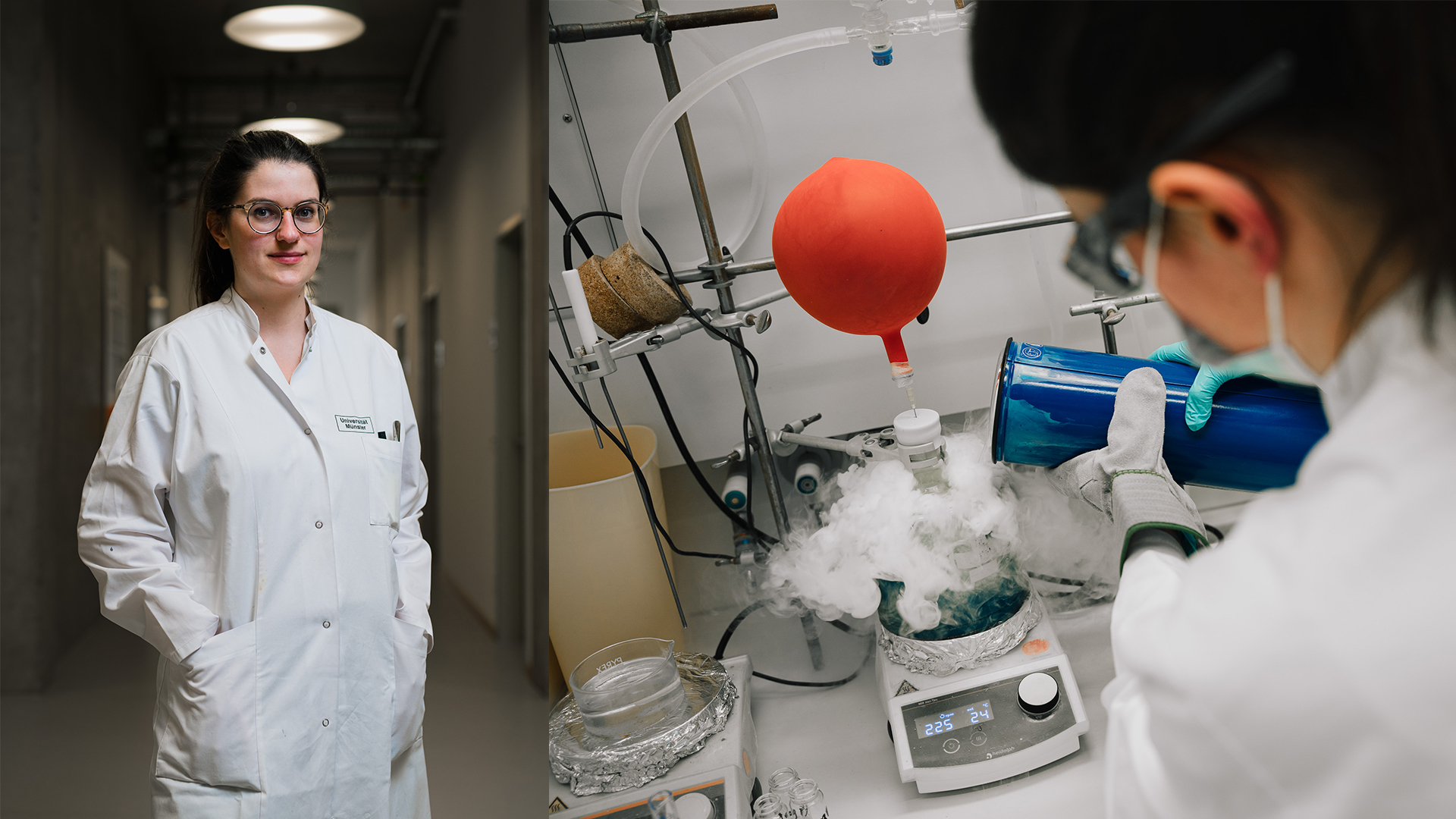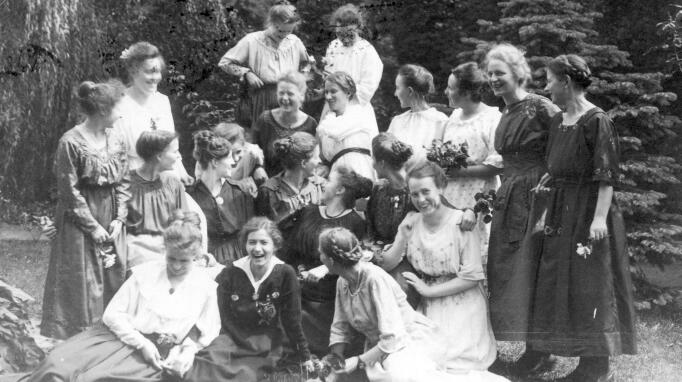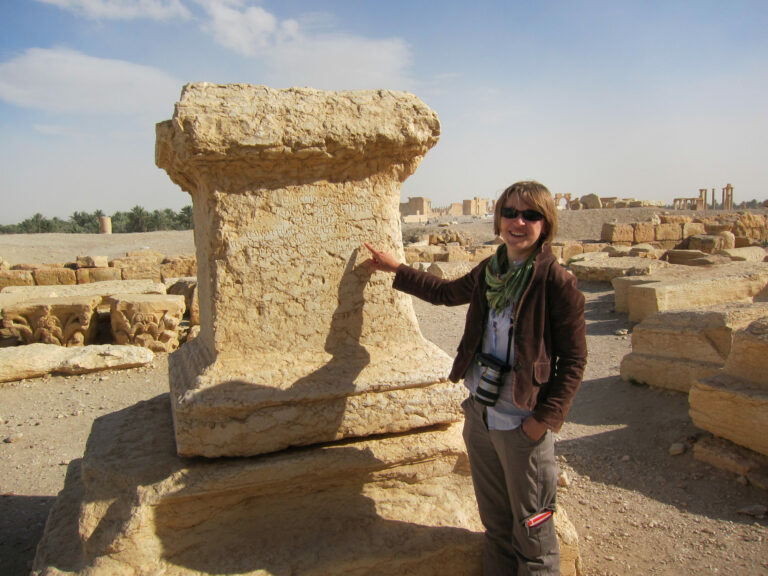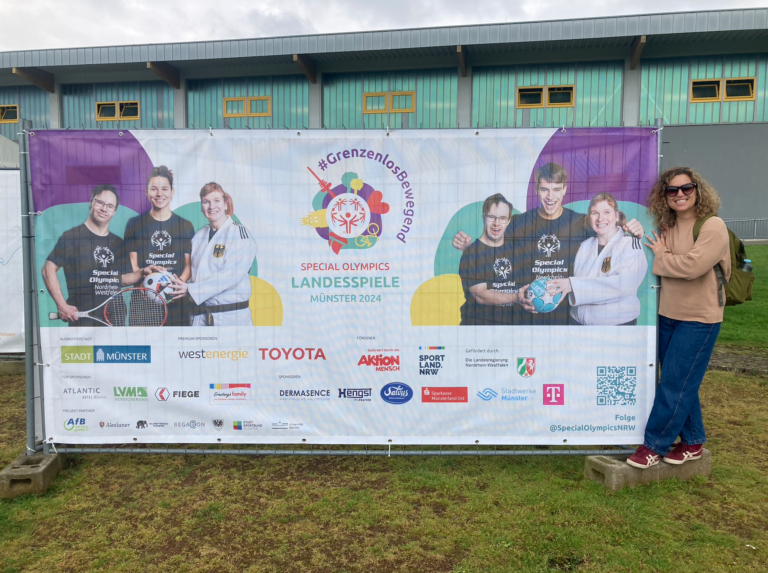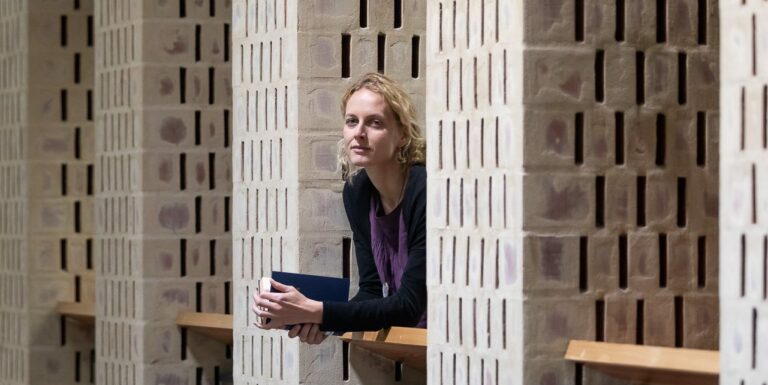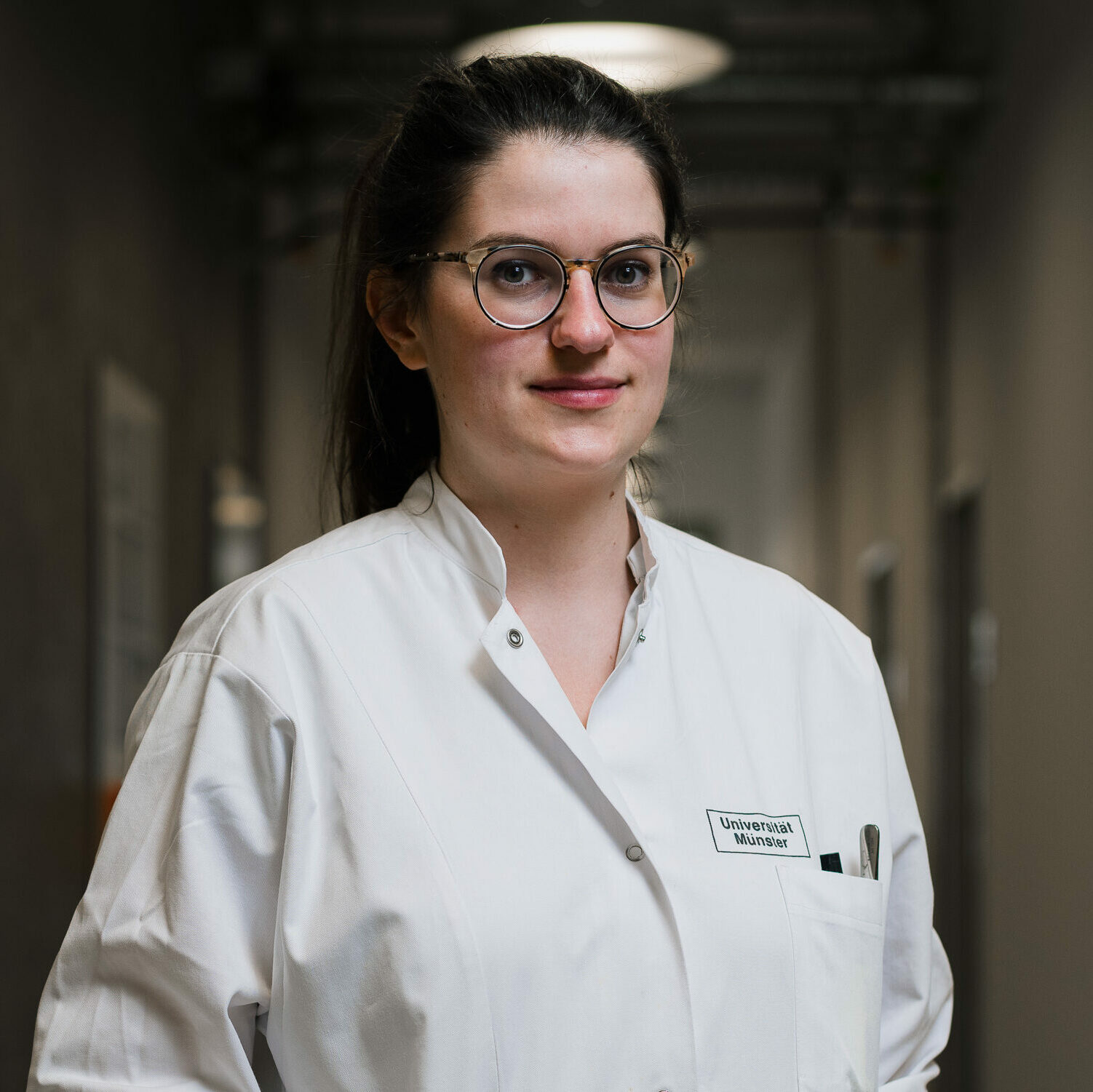
Celebrating the International Aspects of Science with Chemist Dr. Louise Ruyet
In the series “33 questions” we introduce, in no particular order, our WiRe Fellows who are currently working on a research project here at the University of Münster. Why 33? Well, if we think of the rush hour of life, it is kind of the age that lies in its middle. And we also like the number😉.
In today’s episode we are speaking with Louise, chemist and passionate lover of the Fluorine atom.
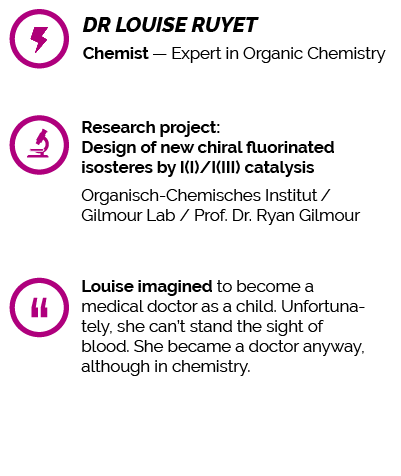
1. What motivated you to work in the field of organic chemistry?
At first, I was attracted to chemistry because a lot of the objects we use in our daily lives have been created thanks to chemical reactions. From smartphones, to drugs, and even clothes, chemistry is everywhere, and I liked this idea of being able to see different, real-life applications for the science. Then, I liked organic chemistry because it’s an experimental science. And there is something magical about being able to see the result of your research directly!
2. Describe your daily work in three words.
Creativity. Analysis. Teamwork.
3. Describe your research topic in three words.
Fluorine. 3D. Metal-free.
4. A good chemist needs…?
For me a good chemist needs to be meticulous. We are working with dangerous products in a lab with other people and are using expensive equipment. Safety is key! Once you are safe, you can express your creativity – which is also something essential to being a good chemist!
5. What is the best experience you have had as a scientist / researcher?
My best experience so far happened during my PhD. It was the moment when I finally was able to synthesize my targeted molecule, thereby proving the key concept of my research topic. It was a moment of joy and relief that I was able to celebrate with all my coworkers!
6. What was your biggest research disaster?
One time during my PhD, I thought I finally managed to have my first positive result after several months of doing research on the same topic. I called my supervisor to show her the great news. We were both very excited. It turned out it was not the molecule I was expecting. It was disappointing, but taught me to always double check my analysis to not get my hopes up for nothing.
7. If time and money were no object: Which research project would you like to do?
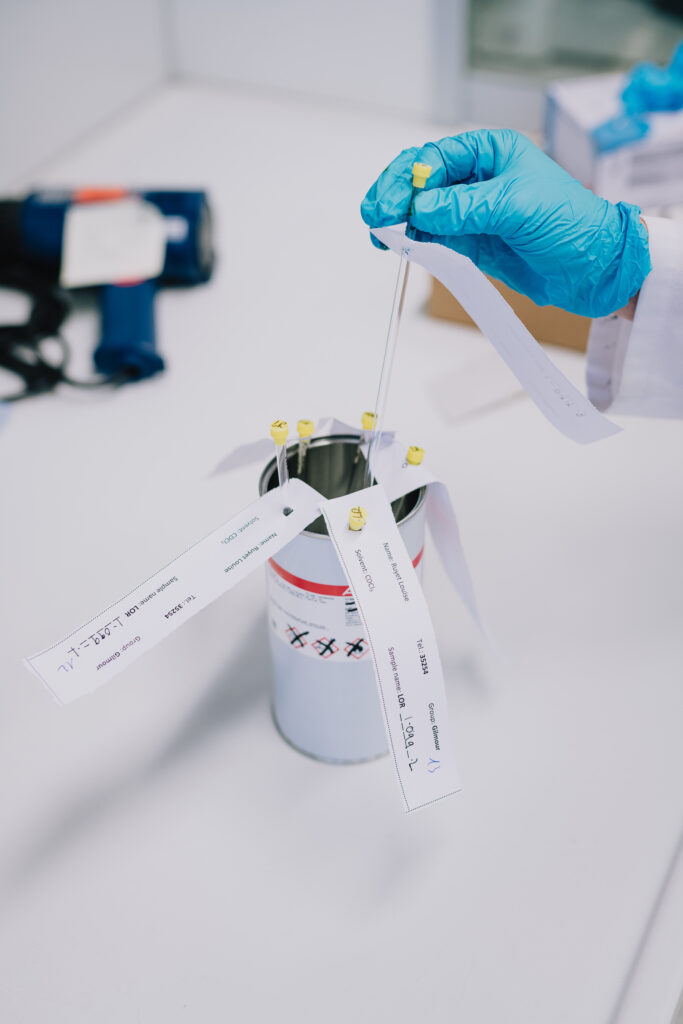
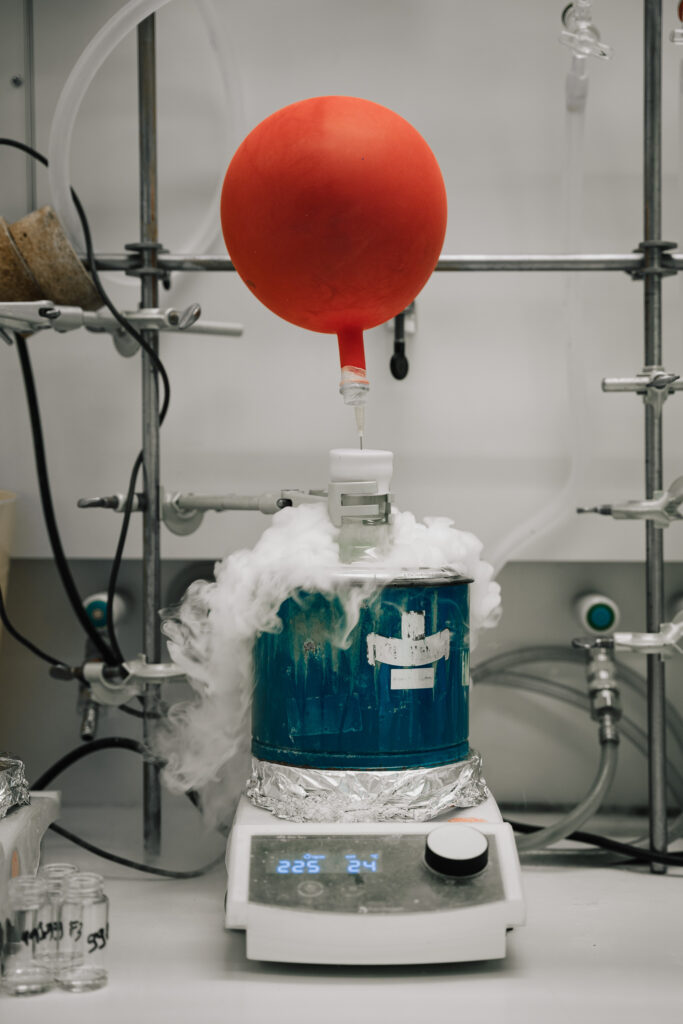
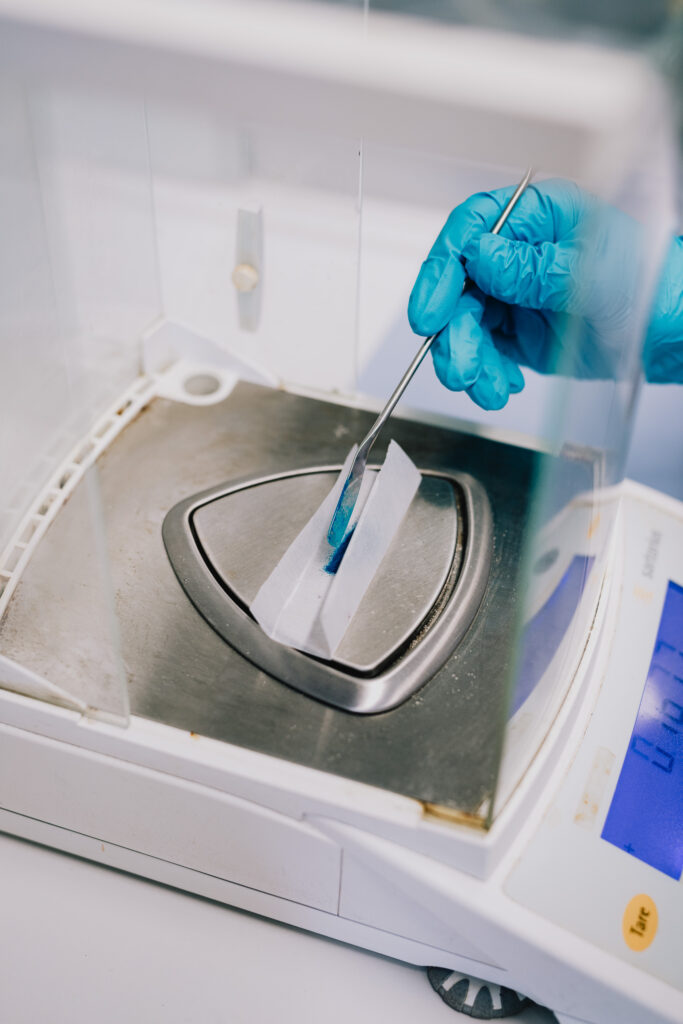
If time and money were no issue, I would like to continue to develop new tools that could be interesting for the pharmaceutical industry. I like the idea of working on finding a more sustainable way to do chemical reactions. I also would love to collaborate with biology teams or work in a multidisciplinary field.
8. What is your favourite research discipline other than your own?
If I was not a chemist, I would enjoy being a biologist. Biology can be both very broad and acute, it’s an area of research that I find fascinating! With biology, your work can range from studying the causes of sicknesses on the cell level to determining the impact of mankind on our environment!
9. What do you consider the greatest achievement in the history of science / your field?
There are many great, even mind-blowing achievements in chemistry (often awarded with Nobel prizes), in addition to having a direct impact on our life as chemists. During my Post-Doc in Münster, I will have the chance to contribute to the field of organocatalysis, a topic awarded with the chemistry Nobel prize in 2021. The goal of this field is to replace metals that are necessary for a reaction to take place with simple organic molecules. I love how research is always trying to find new ways to be more sustainable and propose original solutions!
10. Which experience in the world of science disappointed you most?
I am always disappointed when I hear about a permanent scientist abusing their power/influence over a younger impressionable student. Research is a worldwide competitive environment, where striving for new results or funding can sometimes override the well-being of scientists. In the last years, there has been a lot of progress made in terms of redefining boundaries and finding a healthier work-life balance.
I am happy to see that current PhD and Post-doctoral fellows are treated with more respect that they previously received, and that these toxic behaviours are becoming less and less frequent. But as actors of the scientific community, I think it is our common duty to work every day to create a safe and considerate work environment for future generations.
11. What was the funniest moment you had in science?
I had a lot of fun during my PhD. I enjoyed going to work and having a nice time with my coworkers. A post-doctoral fellow in my group was passionate about outreach science that was oriented towards children. Every Friday, he would do a new fun experiment such as creating bang snaps! This was a great time and a lot of fun.
12. How did you survive your PhD time?
I feel like “surviving” my PhD time does not accurately describe my experience. I would rather say that some moments were harder to get through. Thanks to the support and advice of friends and family, I was able to relativize my problems. I also could benefit from the experience of older fellows who always encouraged me to continue to push myself and work hard. They always reminded me that a PhD is like a curve: if one day you feel like you are at the bottom, the next day you might have a totally different experience.
13. What direct or indirect relevance does your research have for society?
The goal of my research is to find new sustainable ways to create small 3D fluorinated molecules. These kind of molecules are very important in our daily lives! We consume them without knowing it, as 25% of the drugs and 40% of agrochemicals contain at least one Fluorine atom. Fluorine is everywhere around us! That is why it is important that research teams like the one that I am working in are developing new ways to create those fluorinated molecules.
14. How did you imagine the life of a scientist / researcher when you were a high school student?
I had this very stereotypical vision of a crazy scientist that looked like Einstein, wearing a lab coat and doing experiment alone in the lab.
15. Is it actually different? In what way?
The job of a researcher is far more complex that just doing experiments. First, we spend a lot of time in front of our computer to keep ourselves up to date with the newest research in our fields. Senior scientists also spend a lot of time looking for funding, new research ideas, and managing all of the students and lab personell.
Another aspect that I did not picture was the team environment. In chemistry, a lot of research is done by several PhD, masters and post-doctoral fellows working together. I also did not anticipate the importance of teamwork in the worldwide scientific community!
16. What do you like most about the “lifestyle” of a scientist? And what least of it?
What I enjoy in my lifestyle now is that I have the opportunity and the privilege of meeting new young people from different nationalities. There is always a newcomer in your research group that you can get to know! I have the chance of being able to travel to different research groups to open my mind to new cultures while working on a broad variety of research topics. I think that I enjoy being mobile because I am still a young researcher, but it might also be what people might dislike the most about the job at the end of their career or when they start having a family.
17. Do you think your career would have evolved differently if you were a man?
No – for now, I don’t think my career would have evolved differently if I were a man. Usually, differences between men and women tend to appear as people are starting a family. I would say that for now, the main thing that may differentiate me from a male scientist my age is that I’ve internalised the future struggle that I might face as a woman in a male-dominated field. Therefore, I might be more mindful and aware of my career choices.
18. How would you explain your research area and topic to a child ?
Take a look at your hands. They look very similar. They are the mirror image of each other, but you can’t put them on top of each other. Your hands can do very different things. If you are right-handed, you can write with your right hand and you are very clumsy with you left one. In chemistry it is the same thing!
Some molecules are mirror images, just like your hands. One form (the “right hand” molecule) is going to have a positive effect on your body, while the “left hand” molecule can be clumsy and cause you to be sick. This small geometrical difference is going to make them have different properties and act in a different way! My goal is to synthesise only one of the two forms while adding a fluorine atom on it, so that we don’t have to deal with the clumsy and sickening molecule!
19. If you were the research minister of Germany, what would you do to improve the situation of women in science?
Science is still a male dominated area. More and more women are studying science at university, but only a small percentage eventually access high positions or are awarded with Nobel prizes for example. As the research minister, I think the main goal would be to change the mentality and to show that a woman is equally qualified to do the job. That can be done by promoting outreach actions or programs such as the WiRe program!
20. What is the biggest challenge for you when it comes to balancing family and career?
All my family and friends are living far away from where I am currently working. It is always hard to find time to travel to see them.
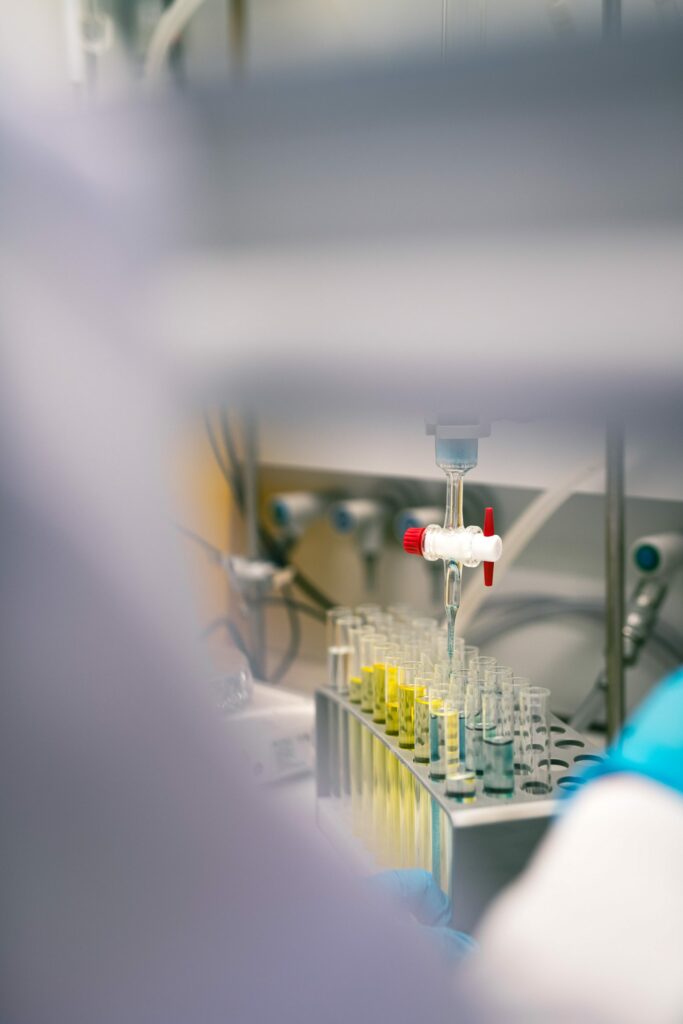
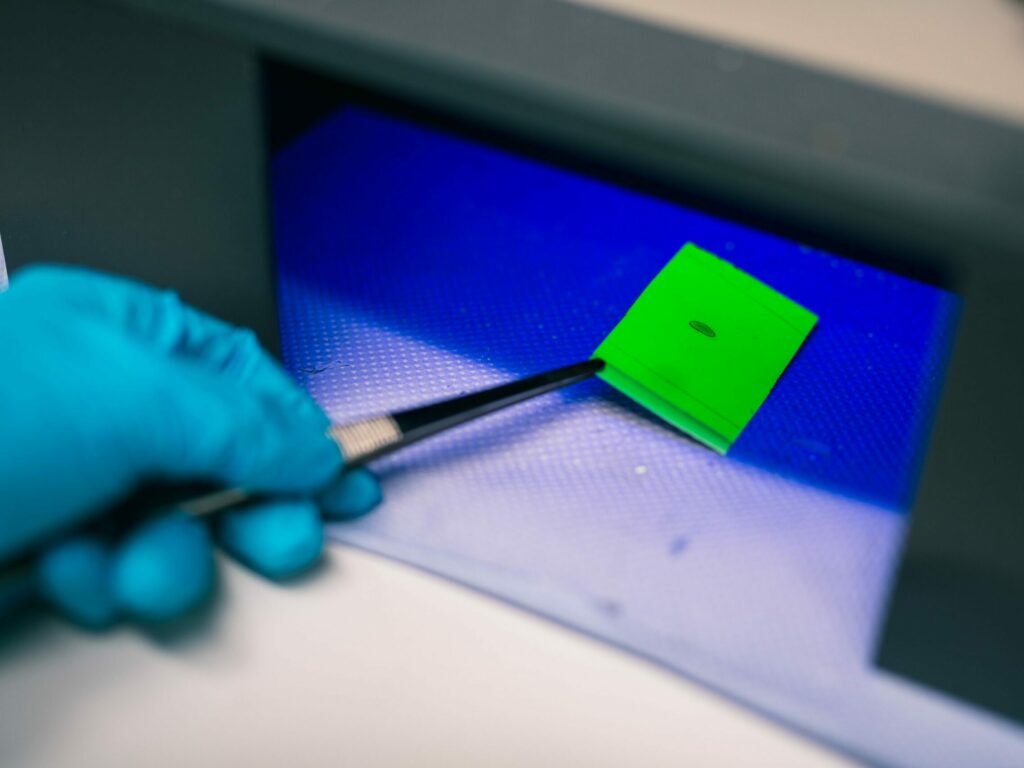
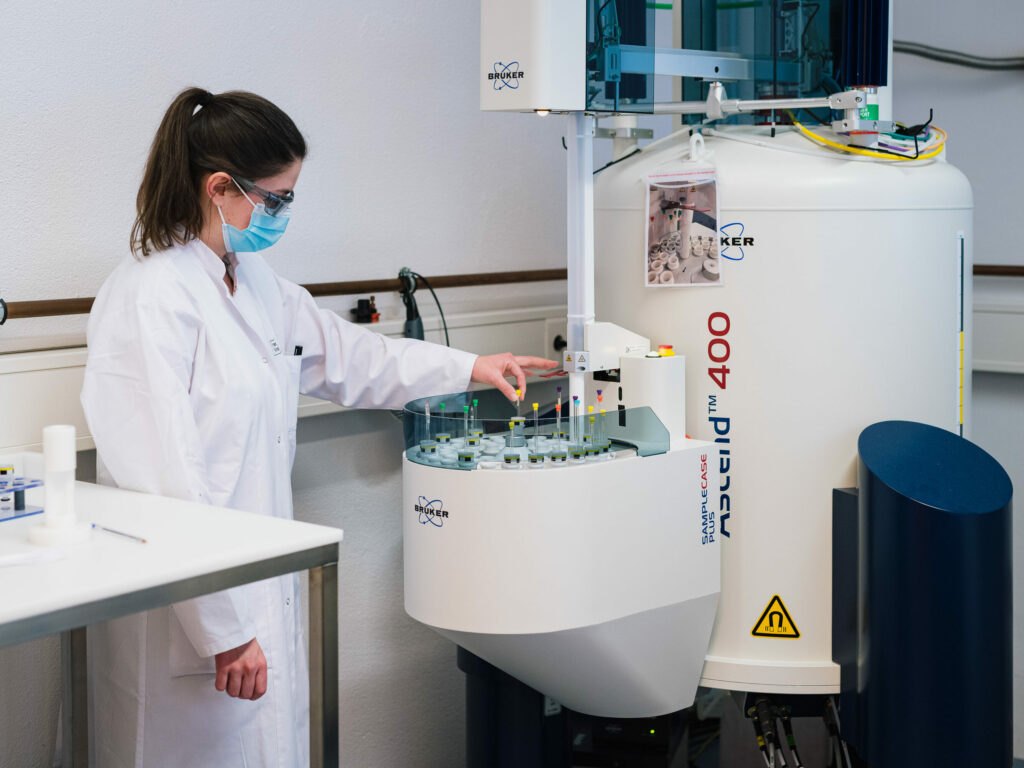
21. How do you master these challenges?
I try to take a day off or leave work earlier to spend quality times with them. But I always feel guilty when taking a day off. This is something that I am still working on. Other than that, I stay in touch with them by calling them regularly!
22. How did you imagine your future as a child? What profession did you want to pursue?
As a child I wanted to be a doctor. Unfortunately, I can’t stand the sight of blood. That’s why I became a doctor… in chemistry!
23. How do you keep your head clear when you are stressed?
To relieve my stress, I need to talk about it. Fortunately, my coworkers and friends are good listeners and very patient.
24. What is your favourite German word?
I love how in German you can just build a new word by associating two already existing words. I like the word “Ohrwurm”, because it is pretty graphic. In French, we don’t have a direct translation for “music stuck in your head”.
25. What makes you most happy about the world?
Travelling with friends and making long lasting memories with them is what brings me the most joy.
26. What or who inspired you to become a chemist?
When I realized that I could not be a doctor and help people because I couldn’t stand the sight of blood, I looked for a science-related job where I could help people and be useful. That’s how I fell in love with chemistry! I also had an amazing chemistry teacher in High school.
27. What worries you most about the world?
Even though we are living in a connected world, we are losing out more and more on mindful interactions. People cannot agree to disagree anymore, and the dialog is often broken between people with opposite opinions. That’s how people opinion become more extreme.
This has been particularly highlighted during the covid crisis, with the debate about vaccination worldwide. I hope we can find a way to reconnect and work together, especially with the important challenges that mankind is going to face in the future such as climate change, migration waves etc…
28. Your favourite TV series?
Recently, I was discovered a Netflix TV series called “Maid” that is showing the daily struggle of a 25-year-old mom who is a victim of an emotionally abusive boyfriend. To get out of this situation, she is cleaning houses and writing stories about the different clients she has. This series is great at showing resilience and girl-power! But it also addresses some important issues women are still facing worldwide.
If I could also recommend a French TV-series, I would choose “Dix pour cent”, a TV series showing the daily lives of agents working with the biggest French actors. It is also hilarious to watch the biggest French actors playing themselves in their own role! This show is Parisian and is a good introduction to French culture.
29. If someone asks you about your age, what do you respond spontaneously?
I think my response will vary depending on who is asking. If my superior was asking me during a job interview, I would politely decline the question. Age should not be a criterion to have or not have a job. If someone asked me this question in a private environment, I would answer without any problems. I feel this question is often more a clumsy and judgemental way of asking about what you have experienced in life, rather than a curious, well-meaning question.
30. Which hobby have you given up for a life in academia?
I did not give up any hobbies for my career yet – in fact, it is more the opposite. I have learned to manage my time better, and I can do as many free-time activities as when I was studying! I have also discovered new hobbies during my PhD, such as bivouacking for example.
31. If you could travel in time: in which epoch and at which discovery or event would you have liked to have been there?
I would love to go back in time and meet Mendeleev, who created the periodic table of elements. It must have been very interesting to try to make sense of all the elements that were known at the time and try to order them! It must have felt like solving the biggest puzzle of all time.
32. What surprised you most about the University of Münster?
I was positively surprised with the great facilities that the University has to offer! The building I am working in is brand new and has all of the equipment needed to successfully run my research during this year.
33. What is the biggest difference between the academic system you have last done research in and the academic system as you experience it in Münster / Germany?
The academic system is very similar to the one I experienced in France. The main difference would be the WWU Münster research facility I have the pleasure to work in. The building is brand new and offers the best services. It’s the perfect example of German efficiency and, as we say in France, of “Deutsche Qualität”.

